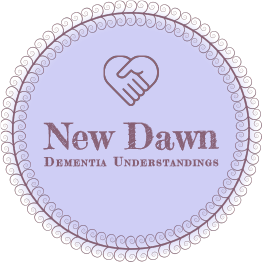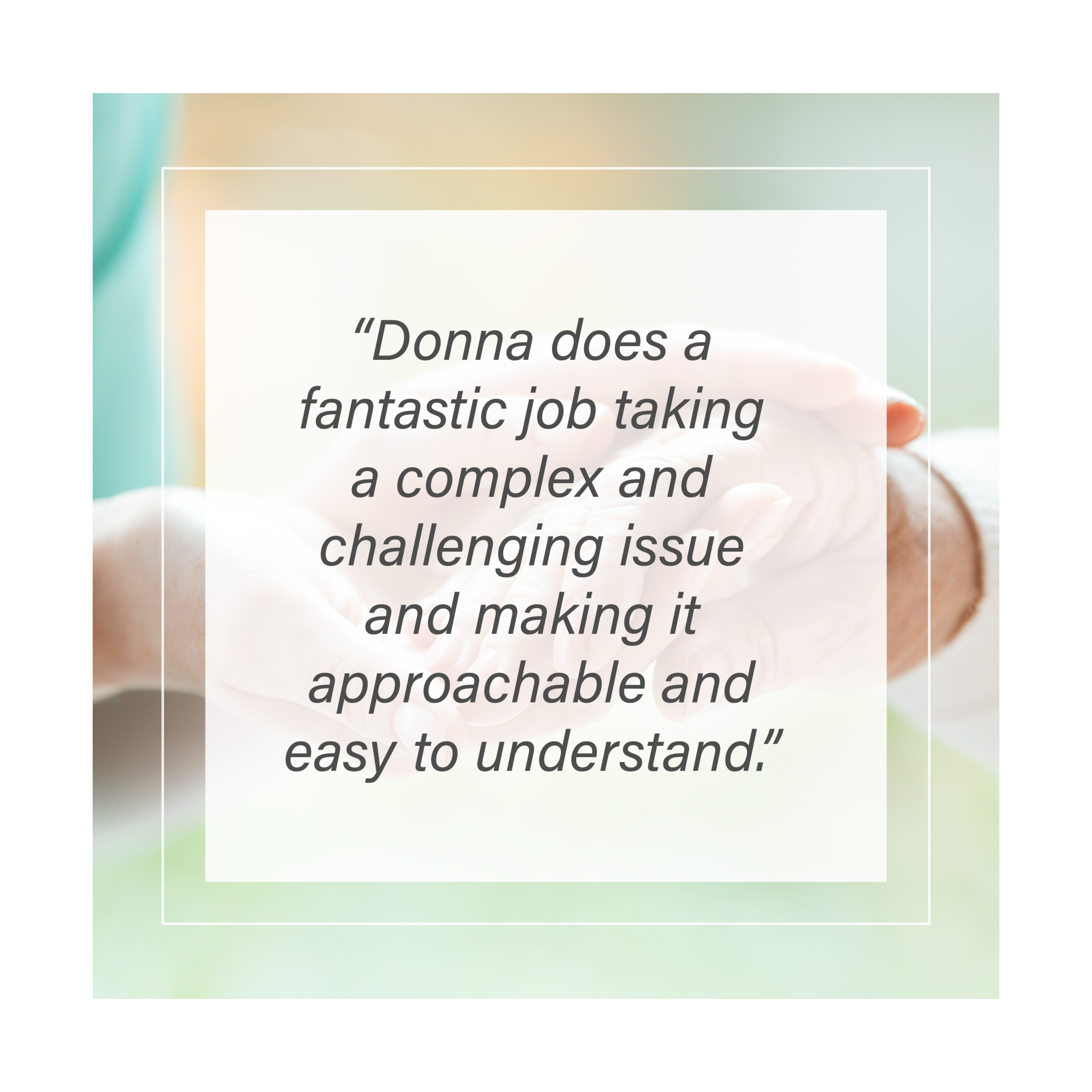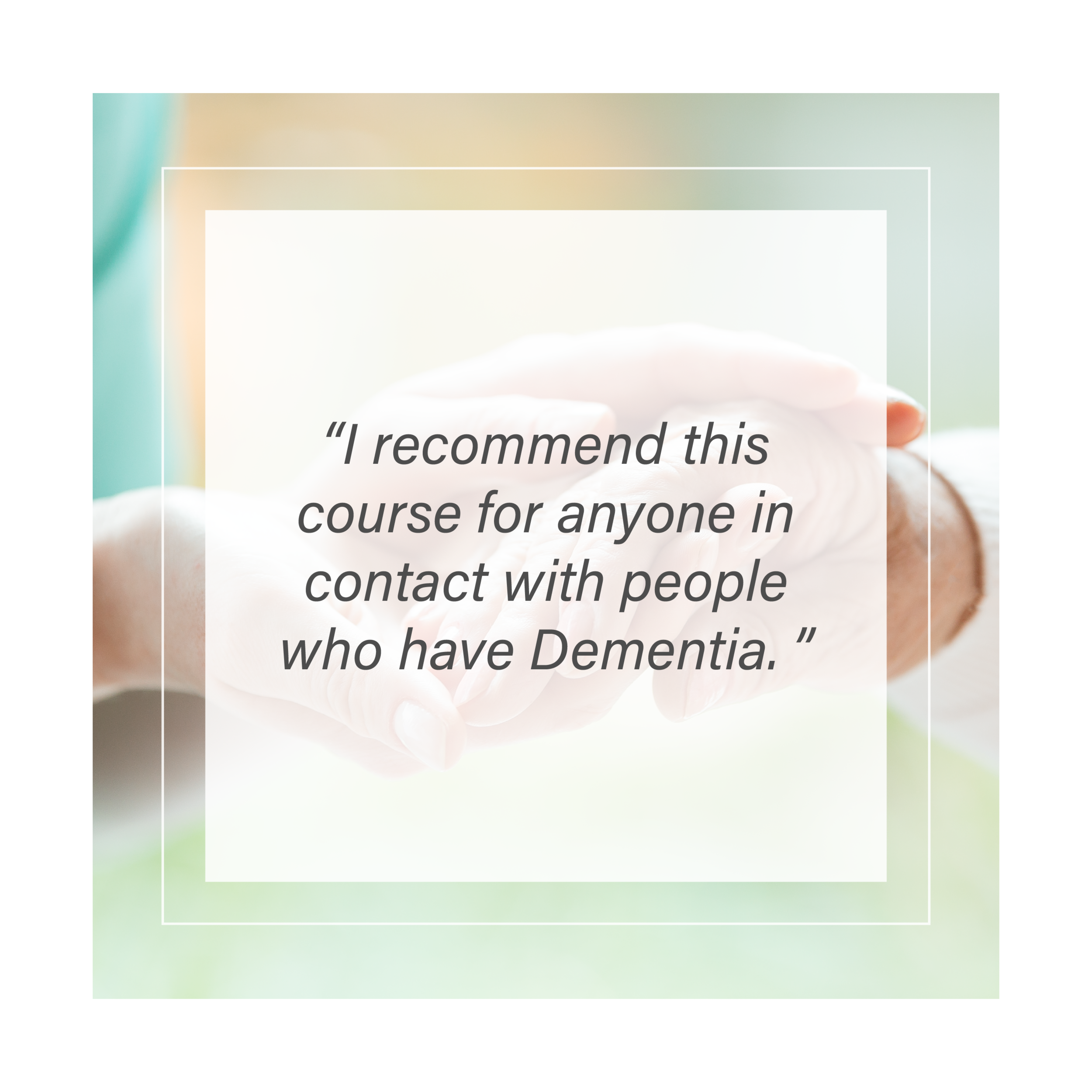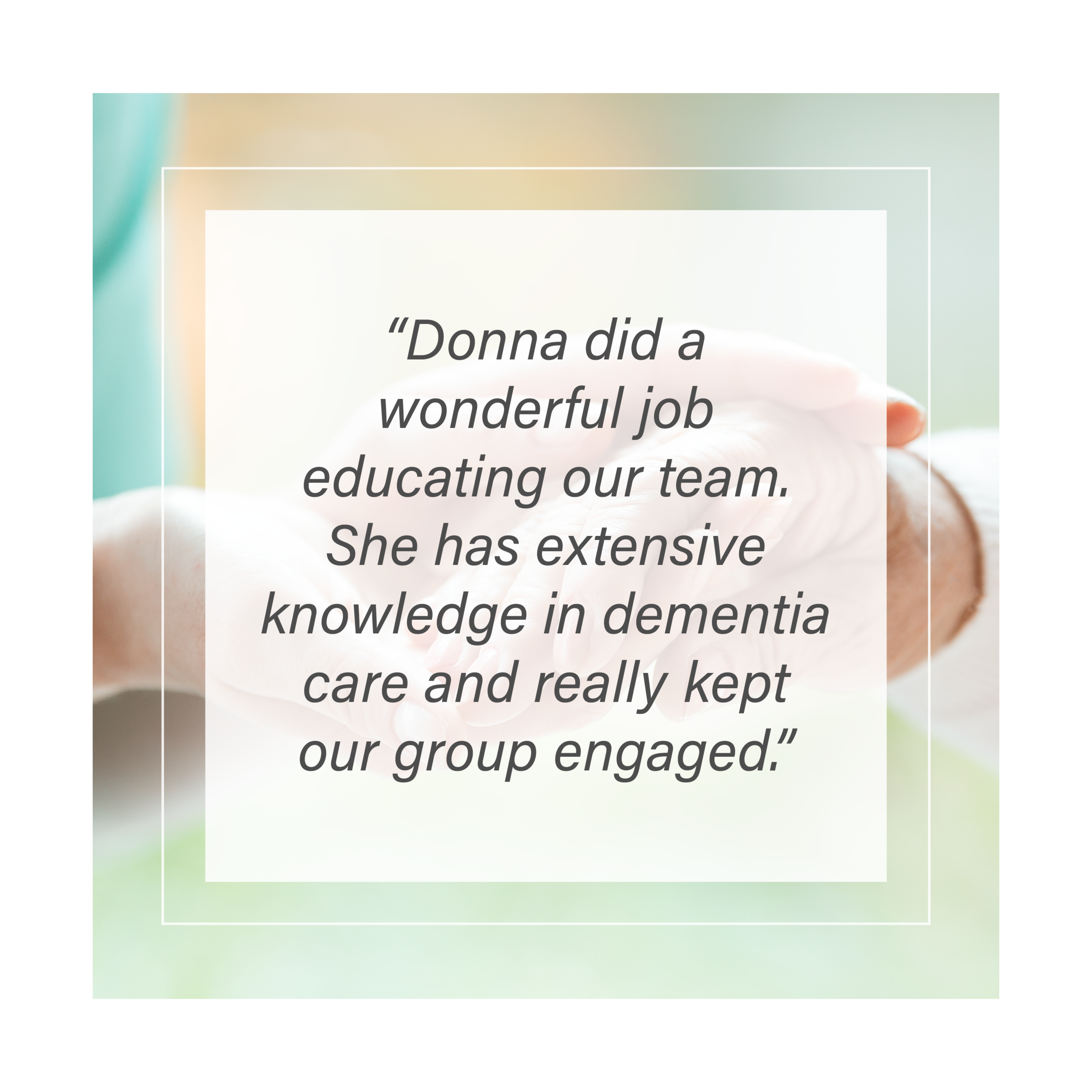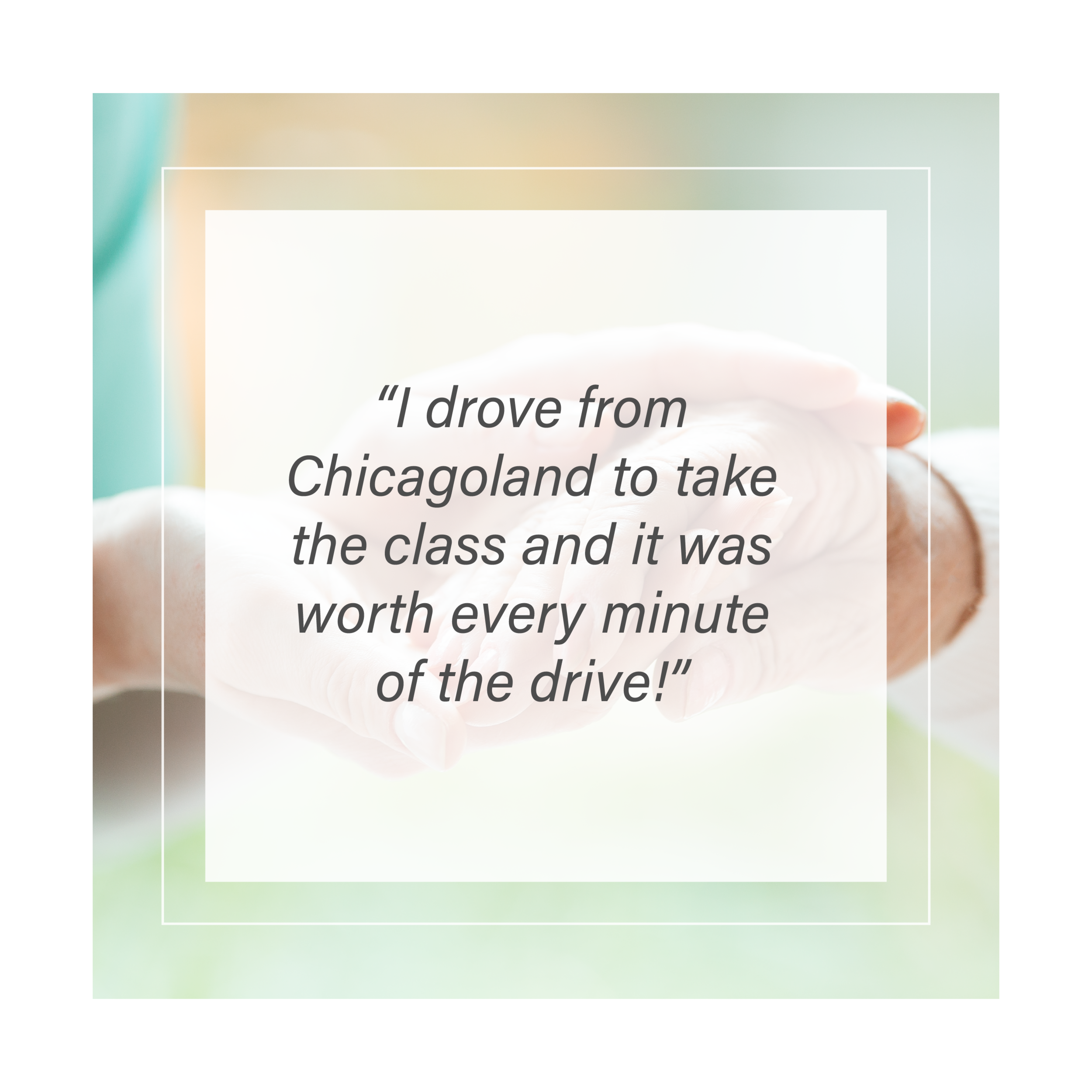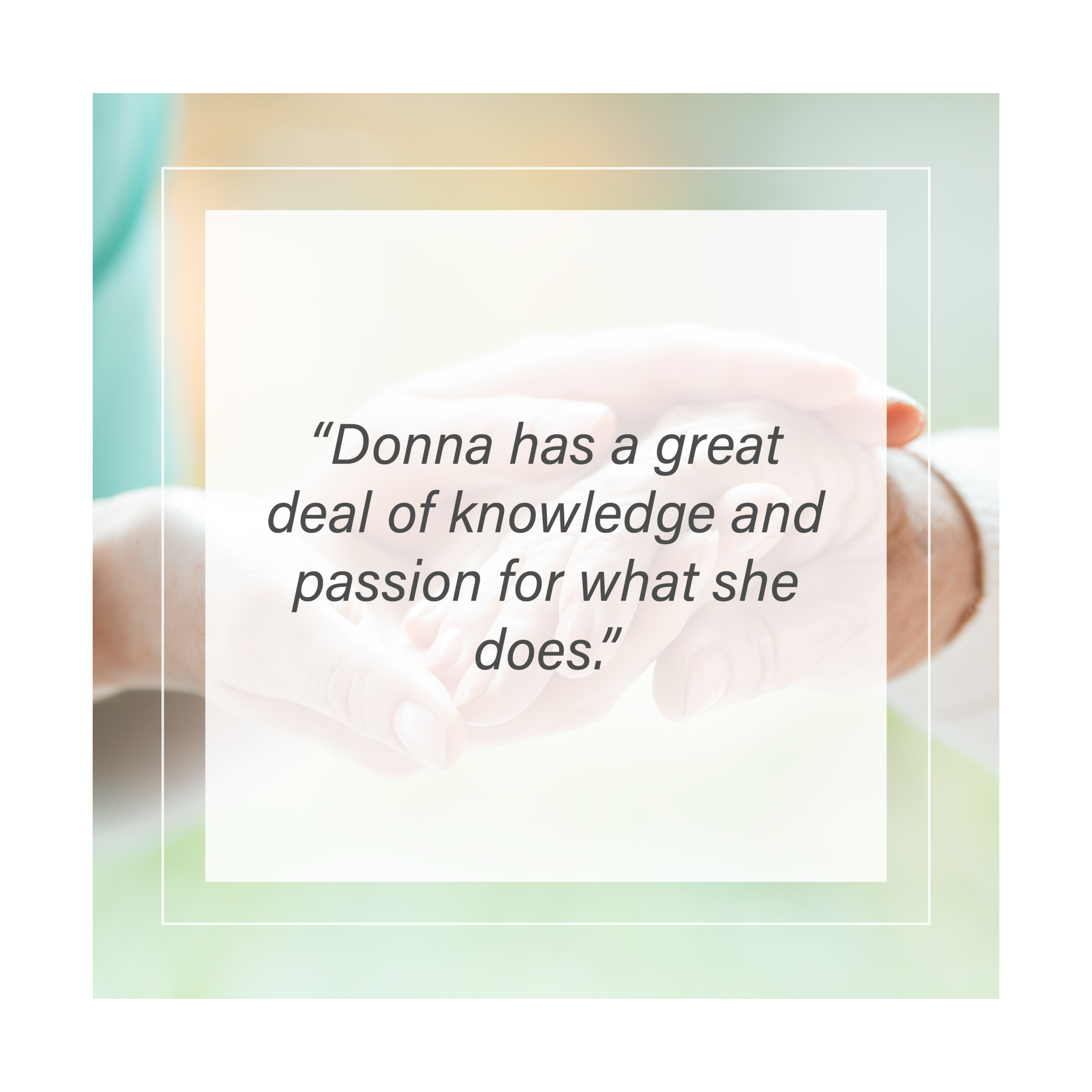Your Trusted Partner In Alzheimer’s Disease & Dementia Care Training

Professional Training & Certification
Take the path to certification as a Certified Dementia Practitioner, CDP, through the National / International Counsel of Certified Dementia Practitioners. Our single-day comprehensive seminars for groups and individuals are open to any frontline healthcare professionals looking to advance their dementia understanding.
WHAT YOU’RE SAYING
EXPLORE OUR BLOG
In the words of Henry David Thoreau “If a man does not keep pace with his companions, perhaps it is because he hears a different drummer. Let him step to the music which he hears, however measured or far away”.
Most of us have probably heard this famous quote a time or two in our lives. It’s taught in Philosophy classes and the Humanities. It’s been celebrated, venerated, awarded and applauded and the kick-off quote in our “Thought of the Day” desk calendars. So, why is it so difficult for us to apply this to our understanding of Dementia?
There was a time in our history when it was believed that Epileptic seizures were a sign of demonic possession. A time when we believed that blood letting would purge the Humors of the body and cure afflictions. Yes, we can look back and shake our heads at how unbelievable that all seems. We laugh at that now. Yet today, in 2022, we still see videos posted of Persons Living With Dementia portraying them as disheveled, lost, confused, and with the temperment of an affronted hyena, and give the video a “thumbs up”, thanking the video creator/poster for valuable insight.
“Infantilization”. We’ve learned a new word now let’s take a look at the meaning of the word and how we’ve adopted it to restrict, deny and discriminate against Persons Living With Dementia (PLWD).
PERSON CENTERED WHAT?
There’s a new buzz-phrase in town. Person Centered Care. I’m in favor of the “Person Centered” part of it, but not all phases of Dementia require “care”. While we have officially assigned 7 stages of Dementia, from a practical perspective we group those stages into 3 categories , Mild, Moderate, and Severe. Three stages but only one word to cover it all…Care.
We blame functional loss in persons living with Dementia on their Dementia. Maybe we need to look a little deeper.
We are probably most familiar with the work of Maria Montessori as it relates to childhood education, but the principles of Montessori learning are foundational and can be applied to any age group. Embracing a Montessori inspired model of Dementia Care does not relegate adults to childhood status. What it does do is allow us to focus on the strengths which remain in those living with Dementia in a habilitative and positive growth environment. Yes, I used the word “growth” in the same sentence as “Dementia”. It is quite possible to continue to learn and grow while living with Dementia.
We hear a lot about the forgetfulness of those living with Dementia. Yes, it is true that Dementia may affect some portions of memory, but it seems we’ve become a bit forgetful ourselves when it comes to our interactions with those living with Dementia.
Can we please stop portraying persons living with Dementia as the living dead? They are not lost from us as so many articles and public Posts suggest. They are here. They are present in our lives.
What happens when we, as a society do not provide fundamental Dementia Awareness training ? https://youtu.be/pPucNC2AGuU is what happens. This video is disturbing. It captures the arrest of an elderly woman with Dementia, walking to her house with a small bouquet of flowers in her hand.
With the best of intentions and loving hearts we can sometimes crush feelings of self-worth for a person living with Dementia when we punctuate our conversations with corrections to their narratives and disagree with their timeline. We mean well, thinking that perhaps a reminder of facts and reorientation to the here and now might just be the magic lifeline to bring them back to our present reality. As if loading them up with facts (not to mention proof of those facts) will weigh them down enough to anchor them to the present. We think we’re helping, but we’re not. When we challenge their reality or timeline what we are actually doing is constantly telling them they are wrong.
